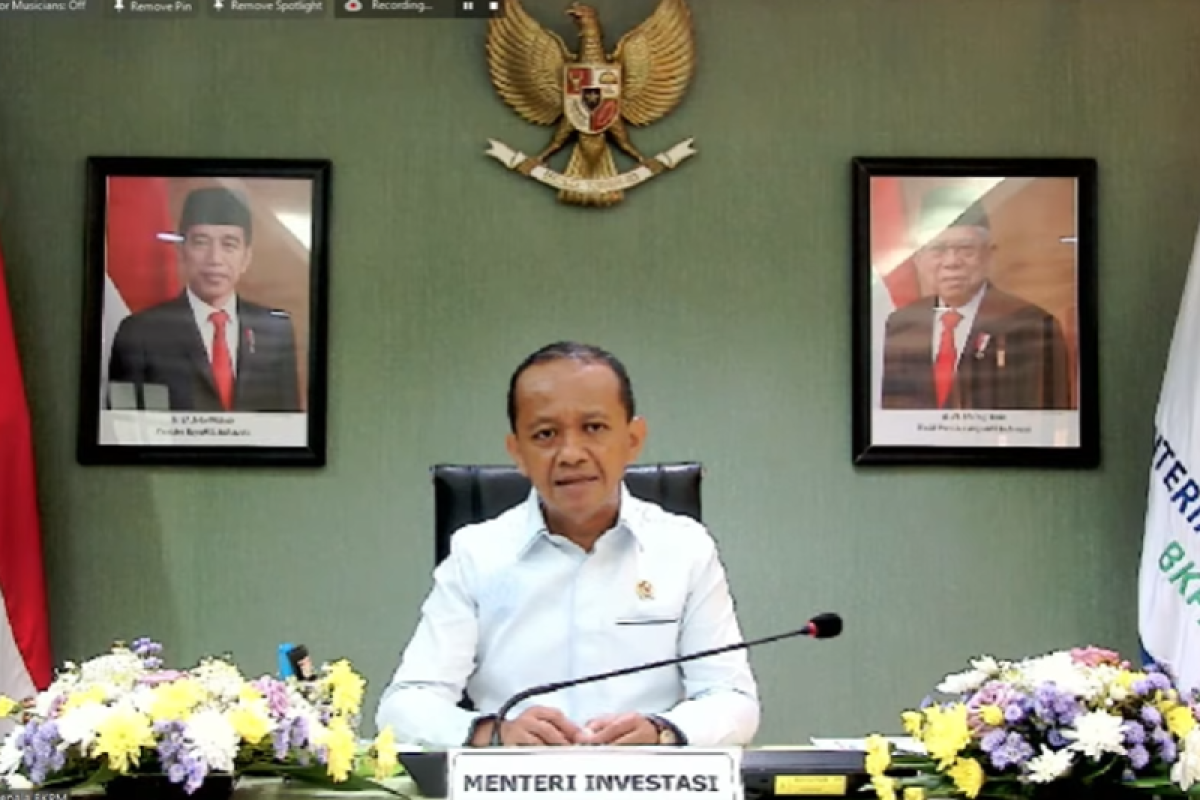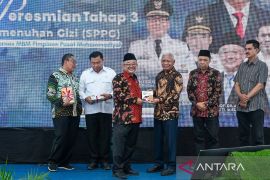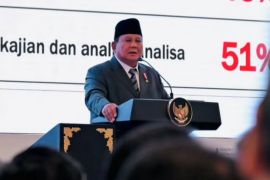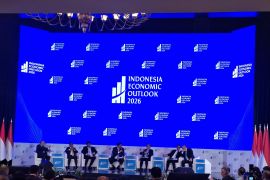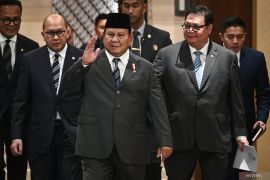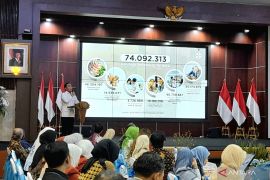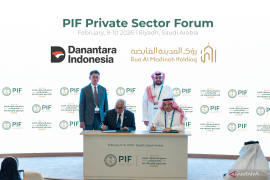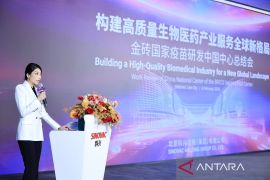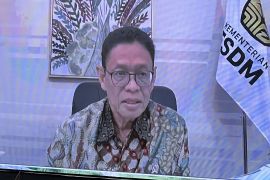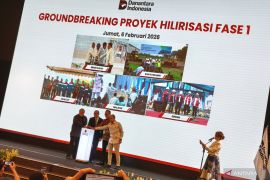"Truth be told, we say to continue to focus on downstream. This year, we think we will start to stop (the export of) some commodities, like tin and manganese. We will do this downstreaming not only in mining commodities but also in food commodities," he stated at the Expose and Launch of the 2022 Investment Opportunity Map, accessed here on Friday.
Lahadalia explained that the ministry's Deputy for Downstreaming had also started designing a food downstream program that would become the focus at a later time.
He said that downstreaming was Indonesia's way to become a developed country, as it was deemed as being one of the ways for it to become an industrialist country.
"Now, our per capita income is approximately US$4,500. We want to push it to US$9-10 thousand and that requires quality jobs, one of which is downstream," he stated.
The minister cited an example that downstreaming for nickel that had been implemented was able to generate significant added value.
During the 2017-2018 period, the exports of nickel derivative products only contributed around US$3.3 billion. The downstream policy by the government succeeded in boosting export performance, with the exports of nickel derivative products reaching US$20.9 billion in 2021.
"This year, we are targeting around US$27-30 billion. This is just one commodity, and for this, we will build an EV battery ecosystem. We are now building an ecosystem from mining, smelter, HPAL, precursor, cathode, battery cell to recycling, including the car," Minister Lahadalia remarked.
The ministry has demonstrated its commitment to encouraging downstreaming by launching 22 priority investment projects worth Rp37.32 trillion, all of which are focused on creating added value in the natural resources sector and the manufacturing industry.
The 22 investment projects comprised nine projects in Java Island and 13 projects outside Java Island.
In detail, the 22 investment projects offered comprised solar power projects in Banten and East Kalimantan; beef cattle agribusiness in East Nusa Tenggara and West Nusa Tenggara; integrated sugarcane plantations in South Sumatra; and horticulture for honey Siamese oranges in North Sumatra.
The other investment projects comprised the soybean cultivation food crop project in South Sulawesi; integrated banana plantation horticulture in East Java; shrimp cultivation in West Nusa Tenggara; integrated capture fisheries in Maluku; and also seaweed cultivation in South Sulawesi.
In the manufacturing industry sector, the offered projects are the corn processing industry for animal feed in Gorontalo; bioethanol industry in East Java; copper metal industry in East Java; agricultural equipment and machinery industry in East Java; electric motor industry for electric vehicles in West Java; pharmaceutical salt industry in East Java; as well as the aircraft tire industry from natural rubber in West Java.
They also offered the medical device industry from natural rubber in North Sumatra; Wing-in-Ground industry in Riau Islands; electronic component raw material industry in West Kalimantan; and the solar panel industry in Banten.
Related news: President Jokowi, Finance Minister discuss instruments to increase investment
Related news: Govt task force to scrutinize outer island investment permits
Related news: Minister reveals reason SoftBank pulled out of Nusantara city project
Translator: Ade Irma J, Mecca Yumna
Editor: Azis Kurmala
Copyright © ANTARA 2022
